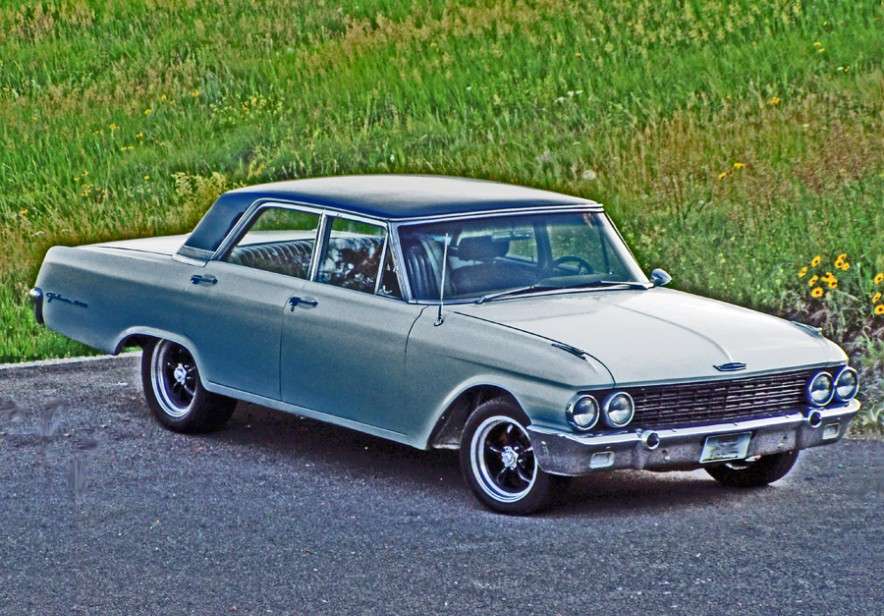I have a beautiful '66 that has been used very little and maintained beautifully. I've purchased many vintage cars, Shelby's, Mustangs, XKE's, Triumphs, etc, but have never had a car as original as this one that still looks so fresh. I am wanting to get just a little better braking however, and am wondering if there are any other owners with the original 4 wheel drum system that are satisfied with the braking performance ONCE the system has been restored to a AS NEW condition. I want to replace the m/c with a dual chamber version, get new shoes, and replace the drums if needed. But am concerned that I will do all that and still be wanting to go to a front disc system. If I was to go to the discs in front, are there kits available that look exactly like the factory discs.
Z.
'66 Galaxie
'65 K code Mustang

 1
1 



 Jhooch wrote:
Jhooch wrote: